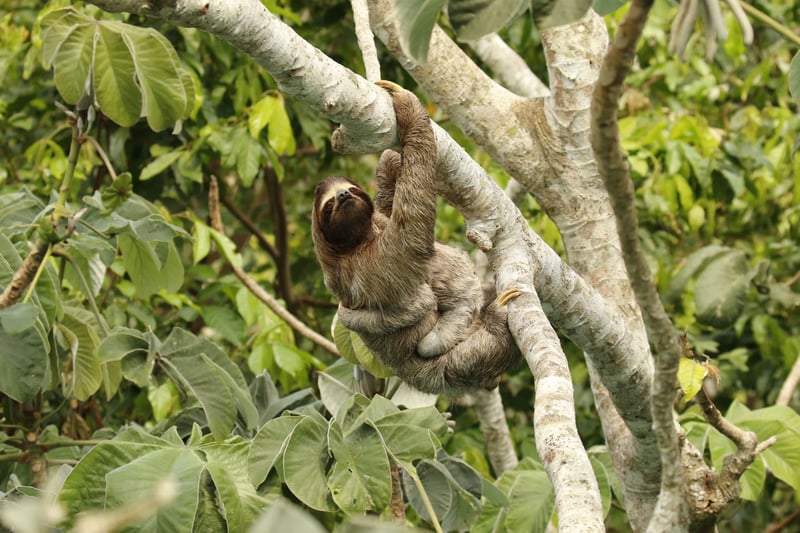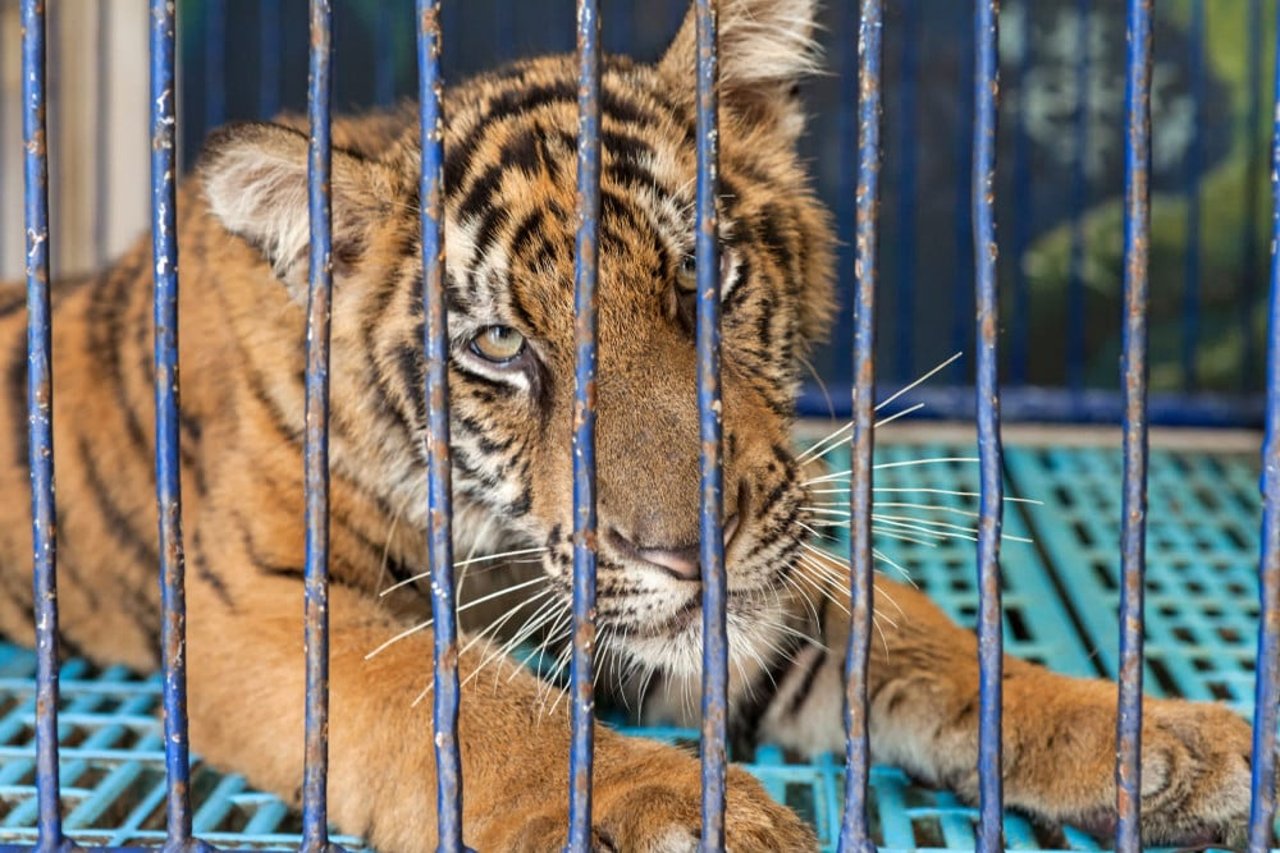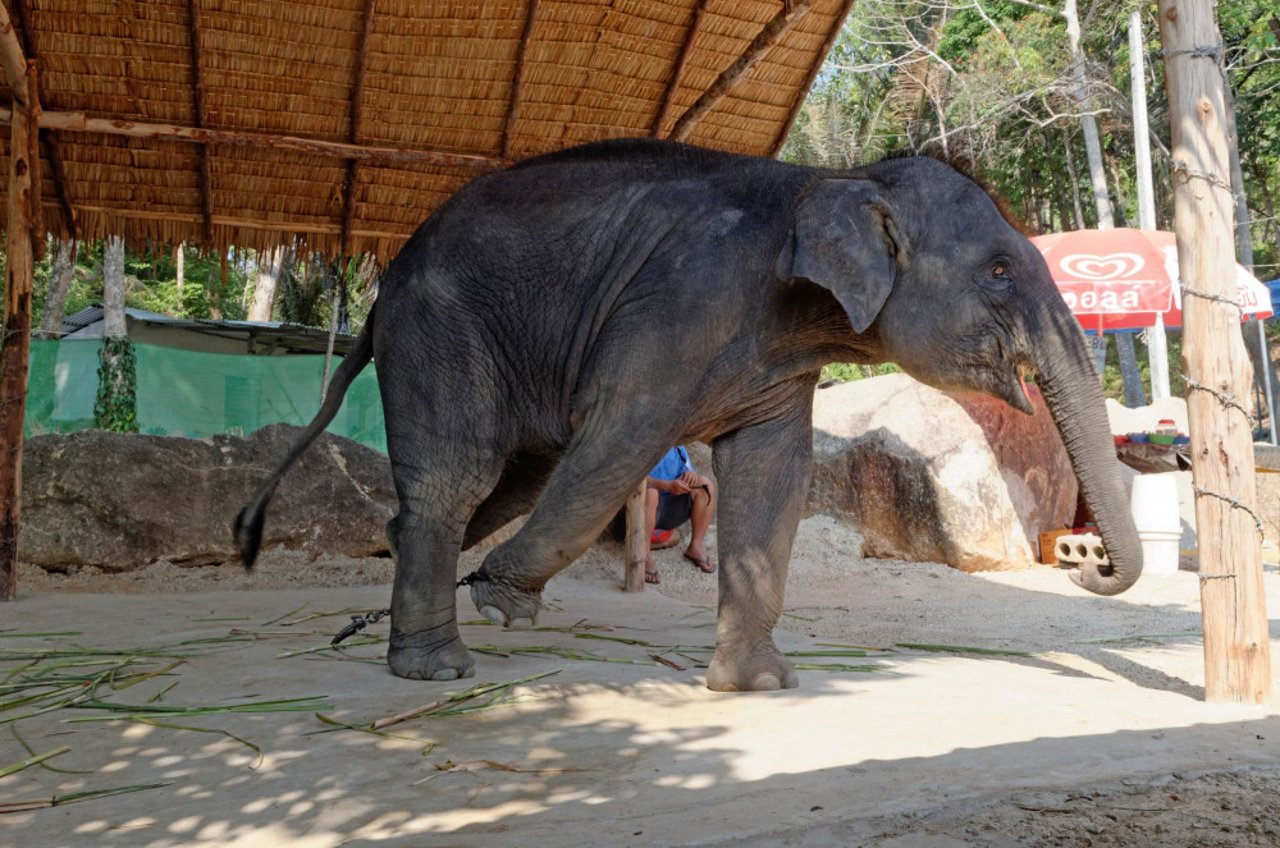
This is big: Together we’ve moved Instagram to help end cruel animal selfies
News
Our Wildlife Selfie Code campaign has successfully influenced one of the biggest social media sites to educate its users around the suffering wildlife selfies can cause to animals
Over 250,000 of you signed up to our Wildlife Selfie Code. And today, thanks to your incredible support, Instagram has launched a new 'content advisory page', to educate users about the issues these photos cause for wild animals.
We’ve been working directly with Instagram, one of the world’s biggest social media sites, to show that it’s wrong to take animals out of their natural habitats for photo opportunities.
From today, when users search Instagram for hashtags like #koalaselfie and #slothselfie, they will be presented with a warning message.
This tells users that the selfies and photos they’re searching for may be associated with encouraging harmful behaviour to animals.
Many of the animals who tourists take photos with are stolen from their natural habitats. They are kept in cramped conditions and passed around from tourist to tourist, causing extreme stress.
A young tiger in a cage at a tourist attraction in Thailand, where people take photos with wild animals
Your voice is powerful
Everything we’ve achieved to end cruelty to animals in tourism has been supported and pushed forward by people like you.
We understand that most tourists who take wildlife selfies do so because they are animal lovers. This latest achievement is proof that we’re inspiring people to make the right choices for wild animals.
An elephant is chained at a tourist attraction in Asia
A caring transition
With its global influence, Instagram can change the conversation around wildlife selfies, and promote the fact it’s unacceptable to use wild animals as photo props.
We’re delighted Instagram recognises that animal abuse happens both in front and behind the camera.
Animals may look happy in selfies. But they’ve often been taken illegally from their natural home and repeatedly baited with food. All this excessive human contact causes extreme trauma.
You helped us show Instagram the cruelty behind the scenes. Now, when one of Instagram’s 800 million users searches for harmful interactions with animals, they will be warned about the dangers of this trend.
The reality is these unfortunate animals are suffering terribly, both in front of and behind the camera – our CEO Steve McIvor

